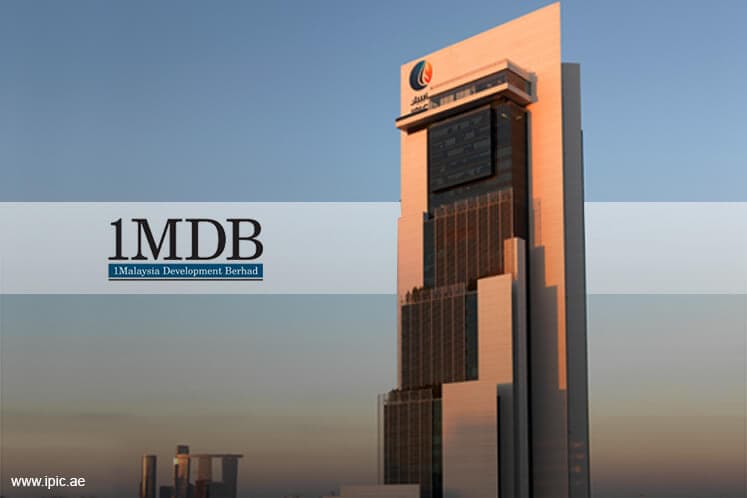
This article first appeared in The Edge Financial Daily on April 27, 2017
KUALA LUMPUR: Uncertainties over how government strategic investment fund 1Malaysia Development Bhd (1MDB) will settle its bond payment obligations in its settlement of a debt dispute with Abu Dhabi’s International Petroleum Investment Co (IPIC) will still pose a lingering risk to Malaysia, said Moody’s Investors Service yesterday.
On Monday, it was reported that Malaysia and Abu Dhabi had reached a conditional agreement, whereby 1MDB will pay US$1.2 billion (RM5.22 billion) to IPIC to settle a loan and interest payments paid on behalf of 1MDB in 2015, while 1MDB and Malaysia’s finance ministry will be accountable for all future interest and principal payments under the two bonds issued by 1MDB Group of companies that 1MDB previously co-guaranteed with IPIC.
“The recent announcements really do not change our view ... I don’t think it’s a material development in terms of resolving the entire issue.
“The bonds continue to be outstanding. So as long as the bonds are outstanding there will be contingent risks to the Malaysian government,” said Moody’s vice-president and senior credit officer Christian de Guzman.
However, he noted that while such risks continue to remain in the picture, they have receded with developments related to 1MDB’s debt consolidation plan.
“[But] it doesn’t change our picture [on Malaysia]. It’s neither credit positive nor negative as the risks are still there. But it does seem to be a positive development to bondholders as there is now greater clarity with regard to who will be servicing the bonds,” he said.
The settlement meant that IPIC, which is clearly favoured in the deal, is now freed of its co-guarantor obligations. As for the disputed sum of around US$3.5 billion that 1MDB said was paid to IPIC’s subsidiary Aabar Investments PJS — which IPIC said was never received — the two sides have agreed to negotiate further.
Meanwhile, on a separate issue, de Guzman said Malaysia’s macroeconomic performance was stabilising and should register “mild acceleration” in growth at least for the next one year.
“We witnessed a deceleration in Malaysia’s economic growth over the past two years [which were hindered] by important external forces such as the slowdown in global trade activities and the downturn in commodity prices.
“Nevertheless, we have seen some unwinding of some of these pressures and [a] pickup in commodity prices. [We see] mild acceleration in growth in the next year or so [for Malaysia]. [The situation] has bottomed out,” he told reporters during a media briefing yesterday.
The Malaysian government, de Guzman noted, has also been able to demonstrate its continued commitment towards better fiscal consolidation amid a fairly difficult economic environment.
He also noted that as Brent crude oil price — it was at US$51.77 per barrel at the time of writing yesterday — was hovering above the government’s assumption of US$45 per barrel as laid out in Budget 2017, the government now had more fiscal space to improve its revenue, which had been declining and was now at its lowest in almost two decades.
“For now, Malaysia’s fiscal consolidation remains intact. What the government can do to accelerate its fiscal consolidation efforts is likely to be on the revenue side, seeing that expenditure has already been curtailed significantly. Not only is revenue at [close to a] two-decade low, it’s also the case for expenditure,” he said.
Meanwhile, the rating agency predicted that the ringgit would be less volatile this year compared with the last, and said the currency was “more fairly valued now than it was before”.
“Historically, we have been used to current account surpluses which have been much wider prior to the global financial crisis, as well as GDP (gross domestic product) growth in excess of 10%. What has happened over the past few quarters is that the amount of capital outflows has overwhelmed those current account surpluses, which are driven primarily by trade surpluses.
“[So] current account surpluses no longer provide a sufficient buffer against those capital outflows. So we expect continued volatility of the ringgit, but at the same time, we think the depreciation that we saw last year is unlikely to outplay next year,” he added.